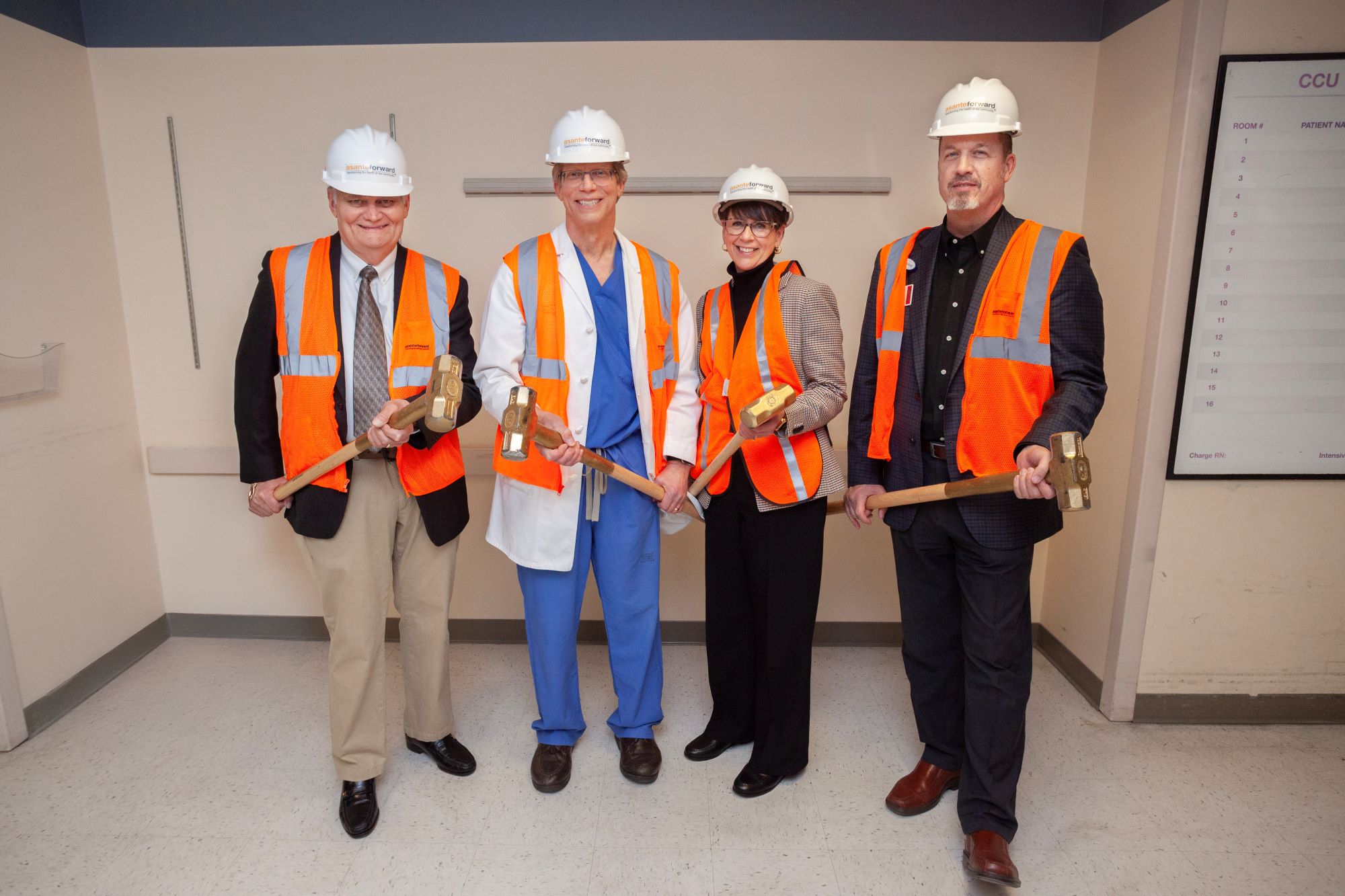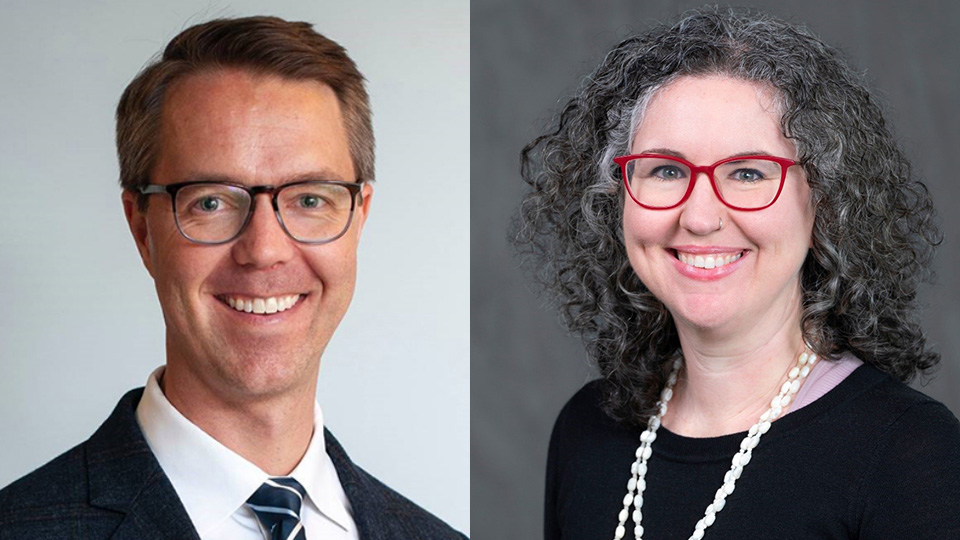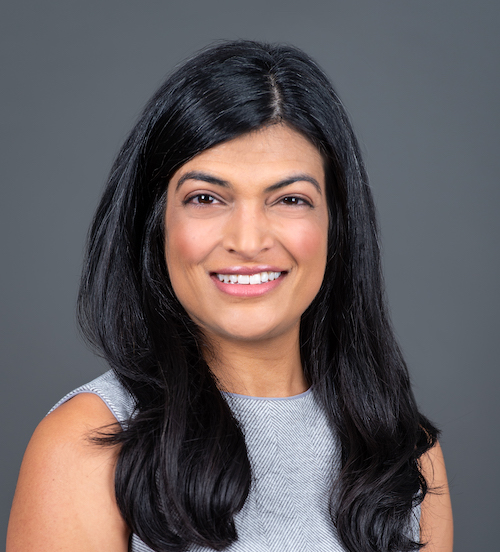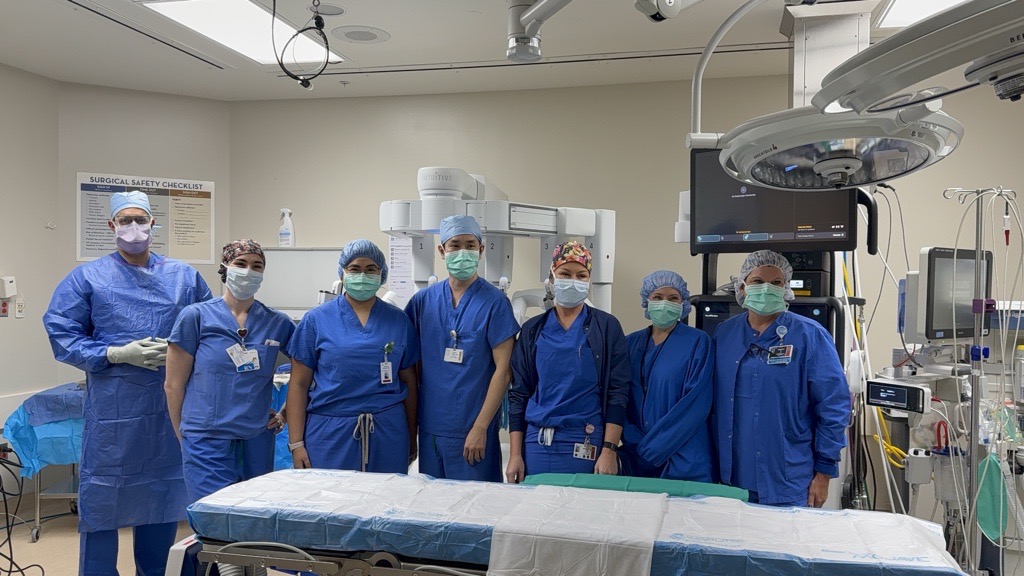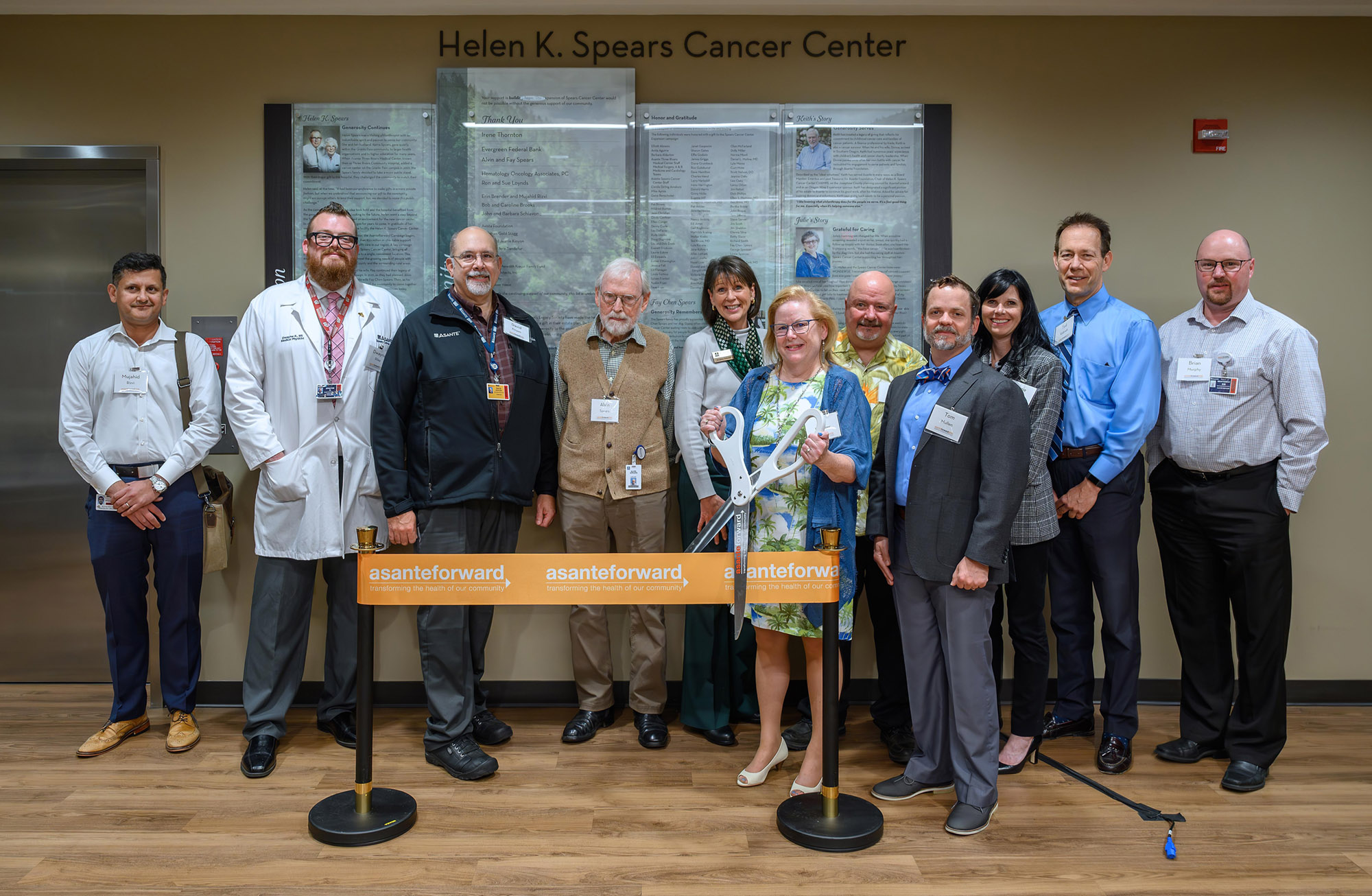Confused over screening mammograms?

There is much debate — which then causes much confusion — over when a woman should begin and end getting screening mammograms and how often. This is because screening guidelines are created for an entire population. Public health experts must weigh how many people may be helped by the recommendation against how many people may be hurt by it. These estimates can be quite tricky because there are so many variables. Luckily, your doctor ought to be able to take those generalized recommendations and tailor something that works best for you.
There are two sets of national recommendations for screening mammograms, which adds to the confusion for patients and doctors. The United States Preventive Services Task Force recommends women get a screening mammogram every other year starting at age 50 until she is 74.
The task force reasons that women age 40 to 50 have breast cancer much less often than those over 50 and are more likely to require extra imaging or biopsies just to prove something is benign. Those women would be getting more harm — unnecessary procedures and increased costs — with less benefit. They also believe that cancers grow so slowly that doing the mammogram every other year is sufficient.
The American Cancer Society, on the other hand, recommends women start yearly screening mammograms at age 40 and continue as long as the woman’s life expectancy is greater than 10 years. The ACS holds that the potential for more diagnoses through imaging and biopsies in women ages 40 to 50 are worth the cost to save lives. They also reason there is no benefit to continue doing mammograms for someone who is not expected to live much longer and that breast cancer will not be what takes their life.
So, with conflicting guidelines, how do we make decisions for individual patients? If you have average risk for breast cancer, then you can choose which set of guidelines works best for you.
Average risk means you have no family history of breast cancer in a first-degree relative (parent, child or sibling); you have not had a benign breast biopsy that your doctor told you puts you at higher risk for breast cancer; you do not carry a gene that puts you at higher risk for breast cancer, and you did not have mantle field radiation before age 32.
I typically also recommend that women taking some type of hormones, whether it is oral contraceptives or hormone replacement therapy, consider following the American Cancer Society recommendations and get a mammogram every year. We know longer lifetime exposure to estrogen increases one’s risk for breast cancer.
Asante Physician Partners – General Surgery
537 Union Ave. Suite 205, Grants Pass
(541) 507-2110
Dr. Frost is a board-certified general surgeon with Asante Physician Partners – General Surgery. She also holds a master’s in public health and has a special interest in breast cancer, preventive medicine, and high-quality and cost-efficient care.


